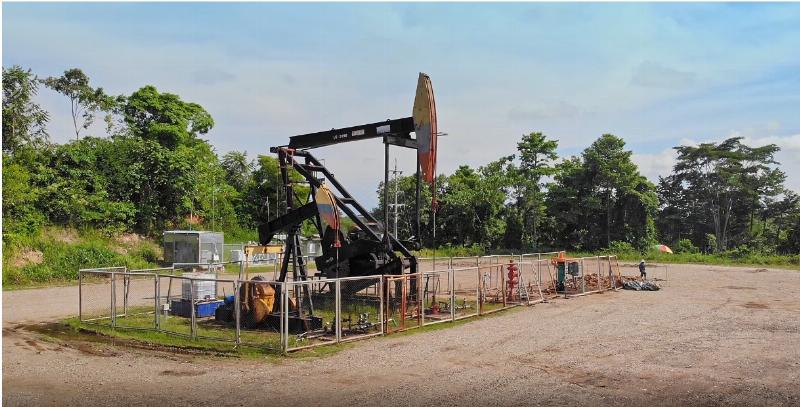Securing Venezuela is smart U.S. policy

Pundits are criticizing the Trump administration for committing large-scale military resources to advance U.S. interests in Venezuela.
Some are going so far as to sensationalize the issue, claiming it could be “another Vietnam.
They are wrong.
Critics are wrong because they are not thinking through U.S. national strategic logic.
That region is not only a transit area for the illegal drug trade, flooding the U.S.: It represents a contentious powerhouse combination of massive oil resources (it is ranked number 1 in proven world oil reserves), combined with a rich land/water staging area that could become a permanent foreign “fortress.”
In other words, it could become a permanently self-sufficient, energy-independent land, sea and air base directed against America.
But there’s more.
Americans must face the fact that the world runs on oil: we live in a complete, comprehensive oil economy. Oil runs the world. And if you run out, you’re out of business: That means collapse in transportation, logistics, electricity, defense, manufacturing, agriculture and even consumer goods.
Oil’s link to finance and banking is also profound. The Trump administration has these facts soberly in the calculus of U.S. national security.
This also means more than Venezuela. Oil security is also among the reasons why Nigeria — the largest oil and gas center in the entire African continent next to Libya — is under contention between the U.S., China, and others.
The Nigerian National Petroleum Company, or NNPC, however, is also, like Venezuela, under a corrupt, incompetent, racial, national ownership regime. This partly explains their systematic violence against whites and Christians.
Both regions will wind up being controlled by a competent first-world major power, so like Venezuela, President Trump is right to make both regions subject to U.S. assertions.
Similarly, he was for the same reasons, right to immediately assert the “Gulf of America” which hosts 3,500 oil rig production facilities, and right to confidently declare U.S. interest in Greenland and the Arctic which holds at least 90 billion barrels of untapped oil, and 30% of the world’s natural gas.
Oil is like money: don’t ever run out.
Matthew G. Andersson is a former CEO and worked in the transportation, finance and telecommunications sectors. He has testified to the U.S. Senate and is a graduate of the University of Chicago and the University of Texas at Austin.
Image: Pexels // Pexels License